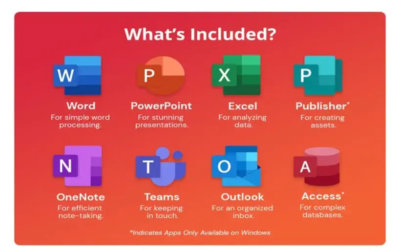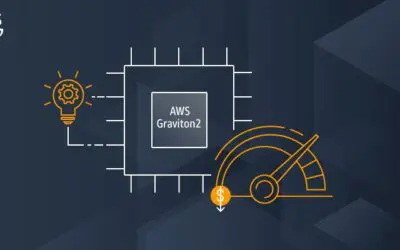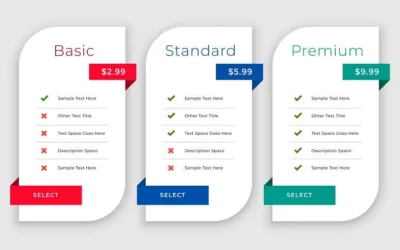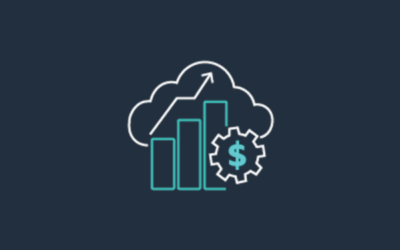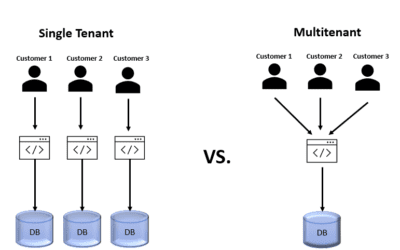AWS Managed Services Provider
We help remove innovation barriers with full-lifecycle integrated services to provision, run, and support even some of the most diverse cloud infrastructures.
Get in touch today!
Amazon Web Services
Amazon Web Services (AWS) is an on-demand delivery of cloud resources over the internet. AWS cloud computing services are accessible at any time and from anywhere, enabling companies to innovate faster.
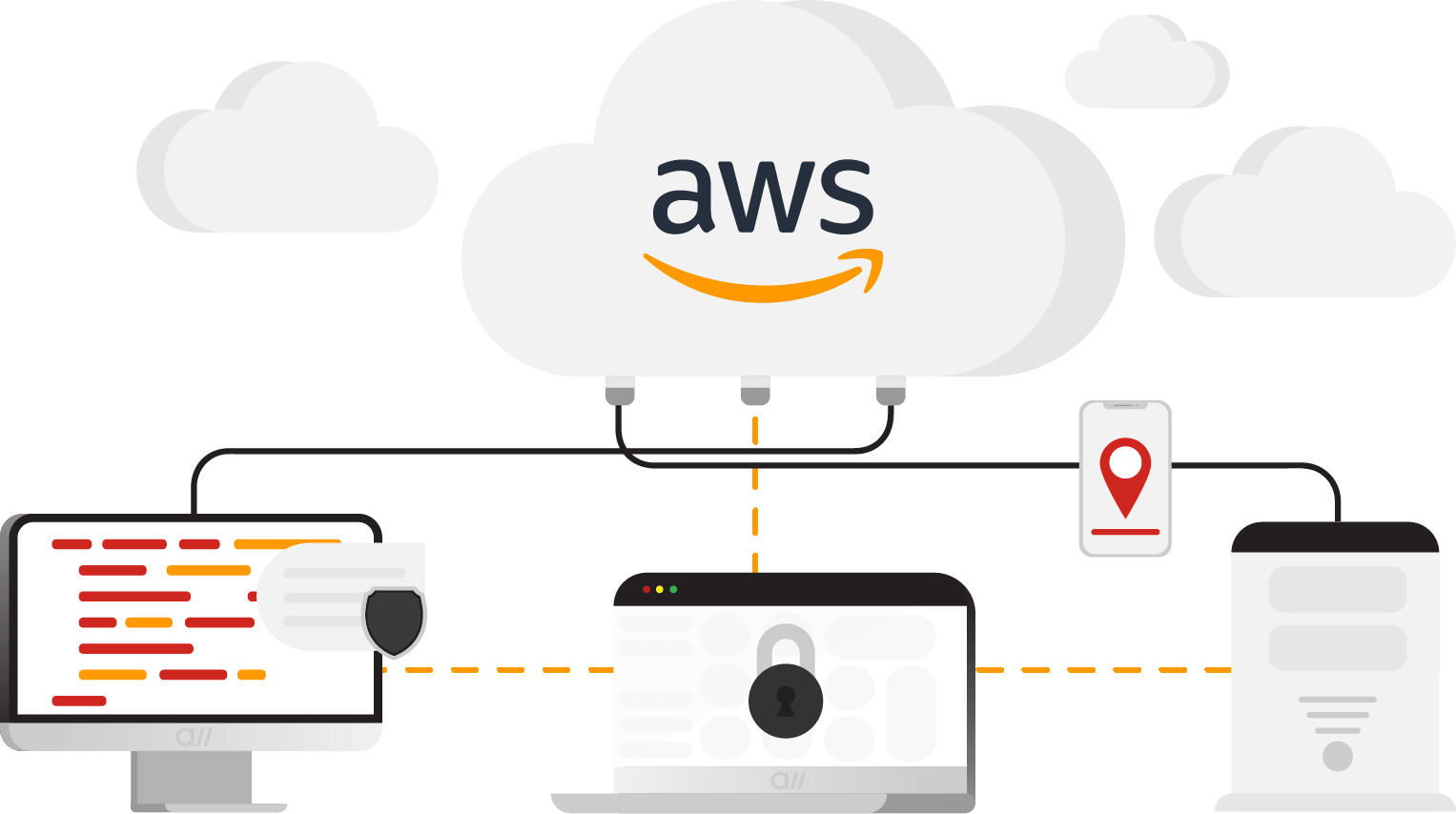
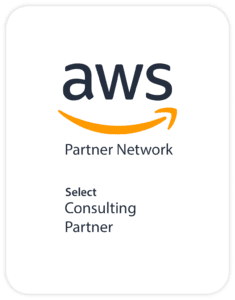
AWS Certified Partner
AllCode has been recognized by Amazon as an AWS Select Consulting Partner. This means that we’ve proven our ability to meet unique customer demands and design, develop, migrate, and manage sophisticated workloads on AWS.
Our AWS Managed Services
We offer a full-spectrum of AWS cloud computing services to help you overcome some of the most formidable business challenges.

Application Development
Develop cloud-native applications optimized to run at any scale.
- Serverless Applications
- REST Web APIs
- Mobile Hub Development
- Application Integration
- Micro-services
- Cloud Integrations

Cloud Migrations
Migrate your existing applications and infrastructure to the cloud from anywhere.
- Infrastructure Migration
- Server & Database Migration
- Application Migration
- Data Migration
- Hybrid Cloud

Mobile Application Development
- Develop native and web /responsive mobile applications.
- User Centered Design
- Native – iOS and Android
- Non-Native – Xamarin and React Native
- 12 weeks to launch an MVP

Cloud Strategy
Pick the right cloud strategy for your company.
- Infrastructure as a Service (IaaS)
- Platform as a Service (PaaS)
- Software as a Service (SaaS)
- Hybrid Cloud

Big Data & Data Lakes
Stream, store, and process vast amounts of data for your customer facing applications.
- Real-Time Analytics
- Machine Learning
- Data Warehousing
- Big Data Processing
- Data Catalog – NoSQL Databases

Business Continuity & Disaster Recovery
- BCP Plan
- Fail-over at Scale
- Compliance Enabled
- Automatic and Elastic Fail-over
- Secure Recovery

Security & Compliance
Implement effective technical controls to protect digital assets
- Keep Your Data Safe
- Meet Compliance Requirements
- Save Money – Scale Quickly
- Experience with HIPAA, PCI, FISMA, and SOC 2

DevOps
- Continuous Integration CI/CD
- Micro-services & Containerization
- Monitoring & Logging
- Zero Downtime Deployments
AWS Resource Management
AllCode provides support for an array of AWS services from Amazon EC2 to Amazon Inspector, helping you properly manage services for efficiency.

Amazon EC2
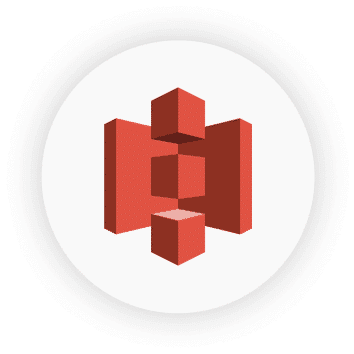
Amazon RDS
Automate tedious tasks such as hardware provisioning, database arrangement, patching, and backups.



Amazon S3
Facilitates object storage, providing leading scalability, data availability, security, and performance.
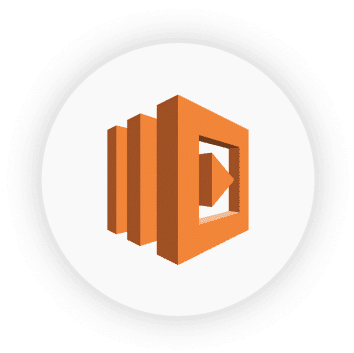

Amazon Lambda
Benefit from our AWS Partnership
By partnering with us, you benefit from integrated AWS services and solutions designed to maximize your company’s experience in using cloud resources.
Top Software as a Service Companies in 2024
Spending for public cloud usage continues to climb with every year. In 2023, nearly $600 billion was spent world-wide with a third of that being taken up by SaaS. By comparison, Infrastructure as a Service only takes up $150 billion and Platform as a Service makes up $139 billion. On average, companies use roughly 315 individual SaaS applications for their operations and are gradually increasing on a yearly basis. SaaS offers a level of cost efficiency that makes it an appealing option for consuming software.
AWS Graviton and Arm-architecture Processors
AWS launched its new batch of Arm-based processors in 2018 with AWS Graviton. It is a series of server processors designed for Amazon EC2 virtual machines. The EC2 AI instances support web servers, caching fleets, distributed data centers, and containerized microservices. Arm architecture is gradually being rolled out to handle enterprise-grade utilities at scale. Graviton instances are popular for handling intense workloads in the cloud.
What is Tiered Pricing for Software as a Service?
Tiered Pricing is a method used by many companies with subscription models. SaaS companies typically offer tiered pricing plans with different services and benefits at each price point with typically increasing benefits the more a customer pays. Striking a balance between what good rates are and the price can be difficult at times.
The Most Popular Cloud Cost Optimization Tools
Cloud environments and their pricing models can be difficult to control. Cloud computing does not offer the best visibility and it is easy to lose track of which price control factors are having an impact on your budget. Having the right tools can help put value to parts of an environment and provide guides on how to better bring budgetary issues back under control.
The Difference Between Amazon RDS and Aurora
AWS does incorporate several database services that offer high performance and great functionality. However, customers do find the difference between Amazon Relational Database Service and Amazon Aurora. Both services do provide similar functions, but do cover their own use cases.
Single-Tenant vs. Multi-Tenant Cloud Environments
Operating a cloud environment and optimizing Software as a Service can be managed in two different methods. Reasons for adopting either single-tenant or multi-tenant cloud environments are dependent on business and customer-related factors as well as how much more expensive one architectural structure will be over the other. Both structure types also have a number of security and privacy implications tied to their inherent design.
